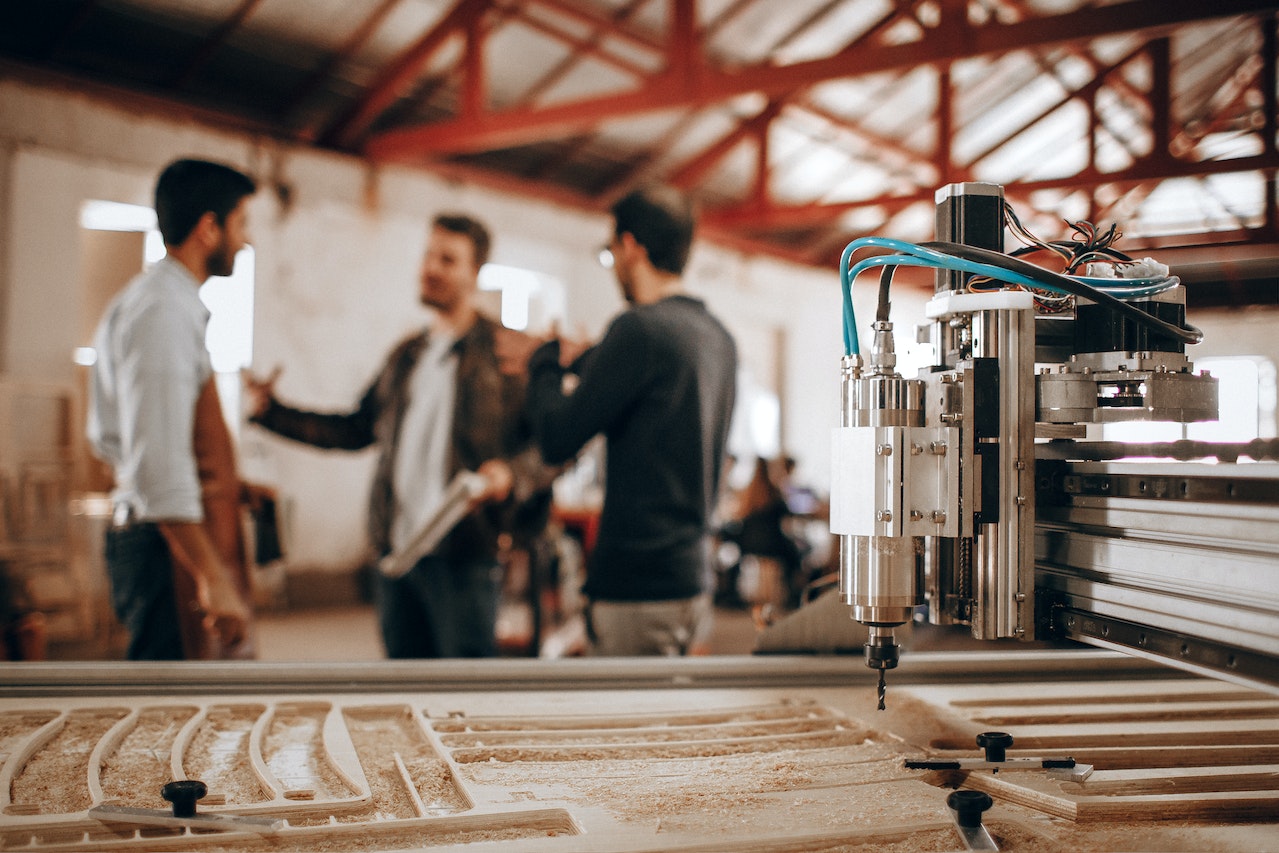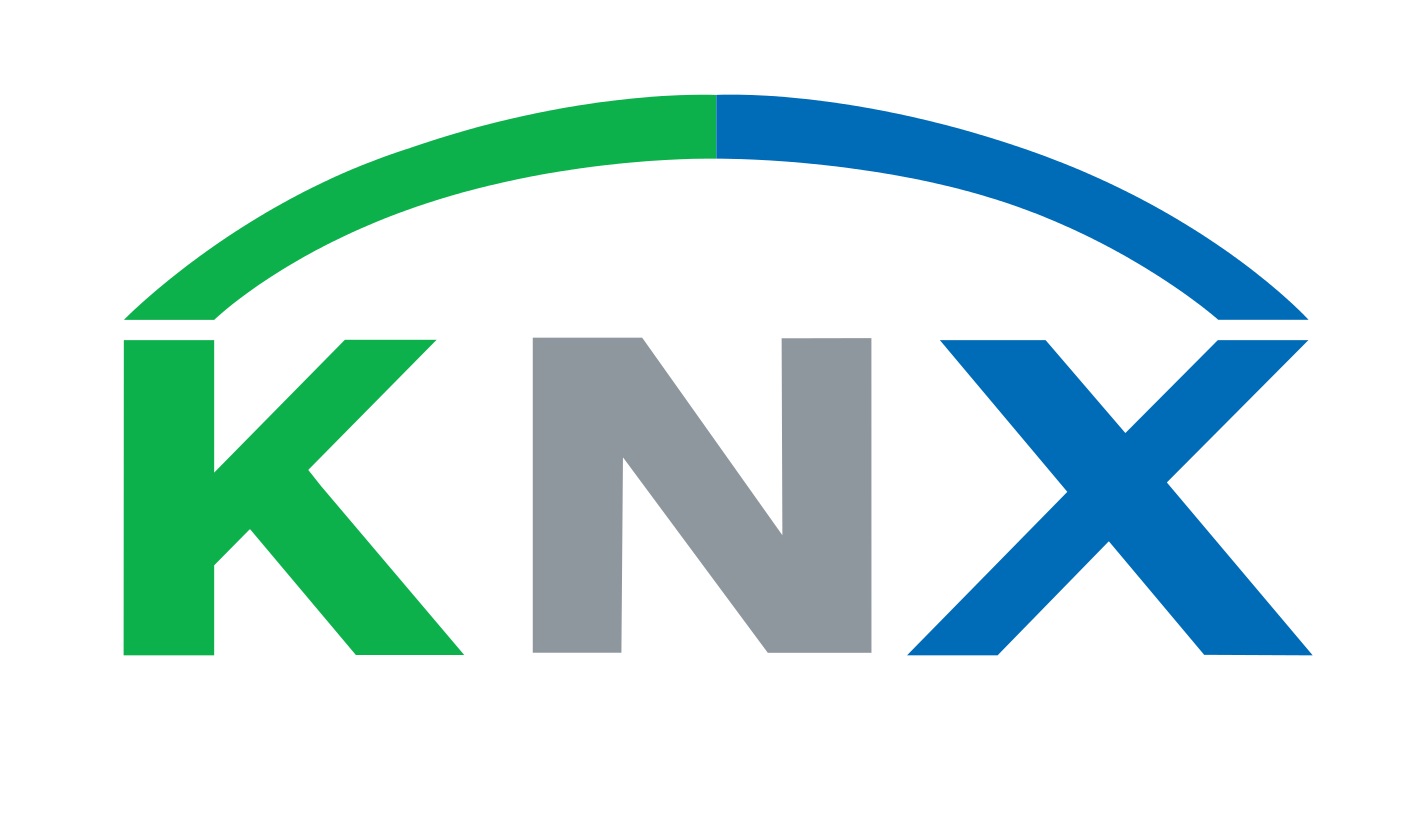Pubblicato su
Questo potrebbe interessarti anche

Everything about PLC programming
RemoteScout24 · Pubblicato su 2023-08-15 21:59:01.0

What is building automation?
RemoteScout24 · Pubblicato su 2023-08-15 20:59:01.0

All about KNX programming and configuration
RemoteScout24 · Pubblicato su 2023-08-15 17:59:01.0

Why is there a Labor Day?
RemoteScout24 · Pubblicato su 2023-07-21 17:59:01.0




